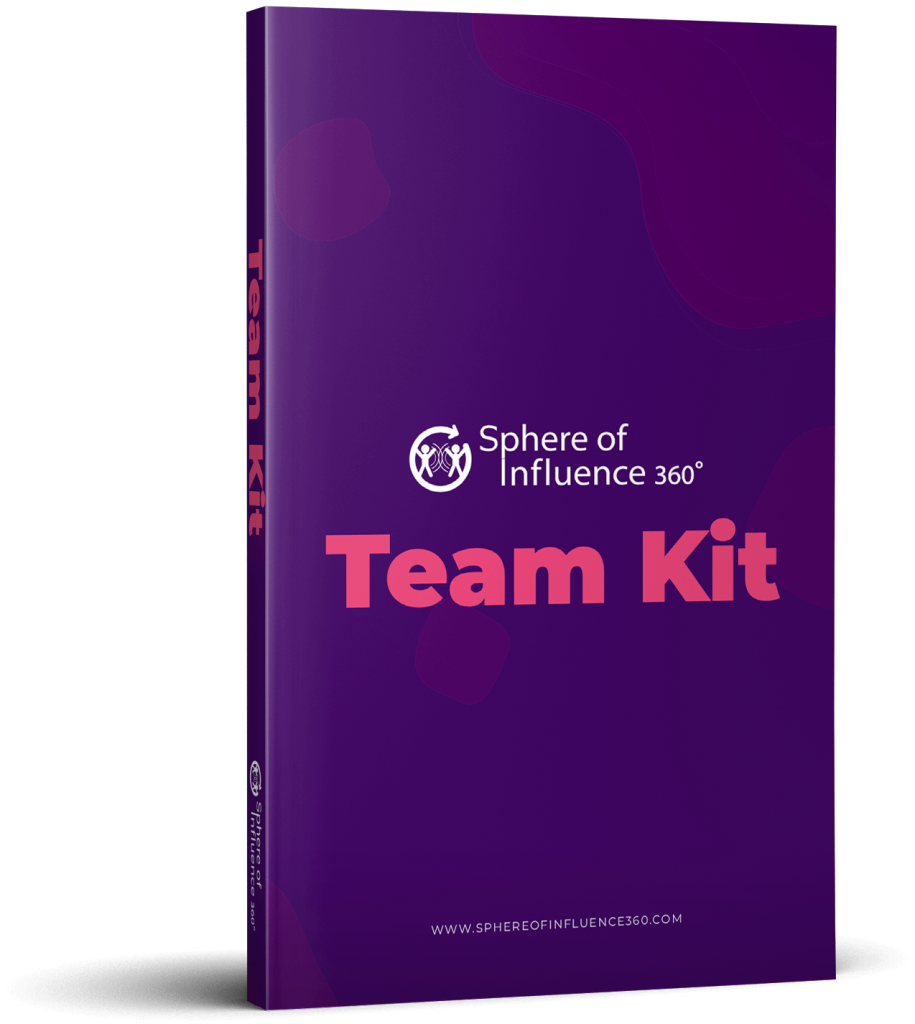A man walks into a bar. He looks at you and says: “Cool shirt.”
How would you react? Would you feel great, proud to be a trendsetter, or would you slink out, convinced that you look ridiculous?
If you’re the first, more power to you; if it’s the latter, you may be someone who’s quite easily offended.
This article takes a look at why some of us are so sensitive to the things others say or do, and how this tendency is linked to stress.
I’ll explore the warning signs that you may be more easily offended than you realize, and how taking offense a little too easily can hold you back from making the impact you’re capable of.
Stress and Being Offended
How do you know if you’re easily offended?
Here are a few signs that you might be too sensitive to others’ comments:
- You often take things the wrong way, from comments and gestures to facial expressions or feedback
- Others are overly cautious of the things they say around you – i.e. they’re ”walking on eggshells,” and/or
- You’ve been called “high maintenance” by more than a few people.
If you can relate to these symptoms, you may already know – being quick to take offense can be exhausting. It is stressful to feel ashamed or affronted at almost every little thing, but it’s also damaging to your social relationships.
When others are worried about the things they share or say (or when we’re too afraid to express themselves), your potential to make a real impact is limited.
A Closer Look
So how does it work?
There are two common ways that an ‘offended’ reaction might play out:
- We might react with pride, dismissing or rejecting a potentially negative comment. We may even feel it’s unfair, with an angry rebuttal or silent decision to avoid the speaker. Here, we’re taking offense as an aggressive coping mechanism – a way to avoid feeling other negative emotions.
- We might feel shame, blaming ourselves for the comment and the way it made us feel (which is typically sad, embarrassed, or self-conscious). This reaction can even fuel a vicious cycle, reinforcing our initial low self-worth.
In both cases, ambiguous or even benign comments are causing us stress, and we’re allowing our insecurities about our past experiences to get the better of us.
This link to low self-esteem is why I created the Being Offended Coaching Card.
If you’re tired of people walking on eggshells in your presence or crossing them off your Christmas list, read on for three ways to develop a thicker skin.
In the next section, I’ll share my coaching tips to help you develop a thicker skin, so that you can:
- Connect with others better
- Understand and learn from what they’re really trying to say
- Improve your conflict resolution skills, and
- Enhance your influence.
3 Tips To Thicken Your Skin
We can’t control others’ actions or the things they say – but we can choose how we respond. By deciding not to take offense so easily, you can enhance your influence in social situations and make a bigger difference to the world around you.
1. Assume Others Mean Well
Giving others the benefit of the doubt is a brilliant way to simplify your life and stop taking offense so easily. Instead of assuming they mean the worst, flip those ambiguous comments around and assume they’re positive rather than negatively loaded.
Maybe someone meant “dedicated,” not “annoying” when they called you “persistent.”
Perhaps they weren’t being sarcastic, and their joke just fell flat.
Who knows – maybe you even misheard them.
Assuming good intentions means taking things a little less literally (or a little more so) – so just presume the best and get on with your life. Voila!
2. Get To Know Yourself
Taking offense is a personal reaction – it’s all about the listener (you), and not the speaker (them).
It’s often easier to blame others for negative things, such as the stressful feelings that an unclear comment might trigger, but this knowledge should be empowering. Once you recognize that no one can force you to feel hurt or offended, you’ll be able to opt-out of the stress that even clear-cut insults might otherwise cause.
Using self-knowledge to develop a thicker skin means understanding why certain things trigger offense in you:
- What kinds of things hurt you? (e.g. remarks, facial expressions, tone of voice)
- What particular type of comment or criticism do you take personally?
- What stings the most about them?
- What makes you feel especially insecure or vulnerable?
- Might these ‘offensive’ comments link back to a past negative experience for you?
Knowing the source of your sensitivities allows you to do something about them, making you less reliant on others’ approval. Ultimately, your self-assurance will come from within, not from others’ feedback.
3. Stop Assuming, Start Checking
If you’re still a few steps away from assuming the best, ask for more clarity.
Because others’ ambiguous remarks or behaviors can be interpreted multiple ways, a little more context or rationale may provide the answers you’re looking for.
Next time you’re tempted to sulk, storm off, or criticize yourself after a potentially offensive comment, simply ask your speaker what they mean: “I don’t think I understood, could you please rephrase that?”

